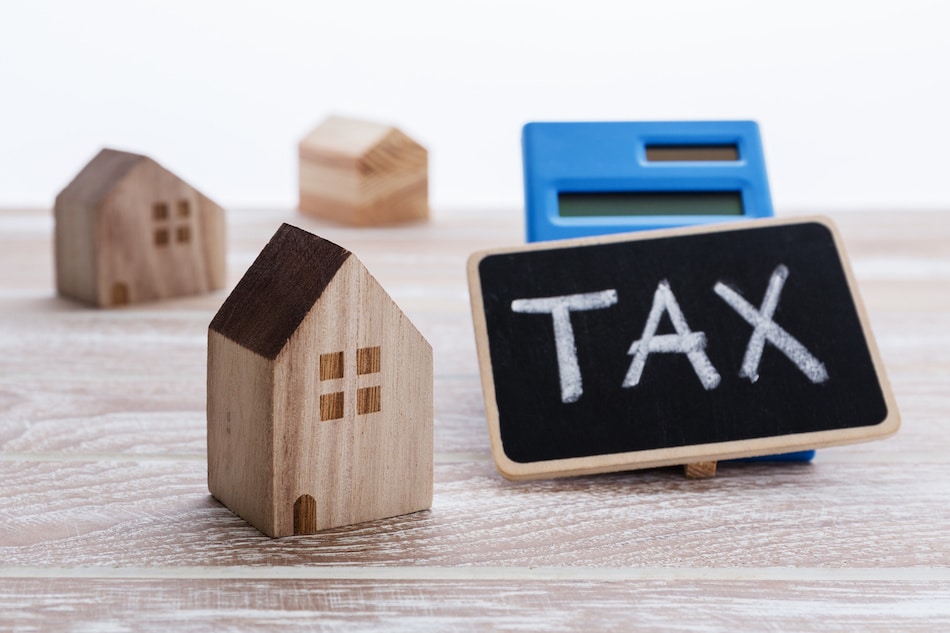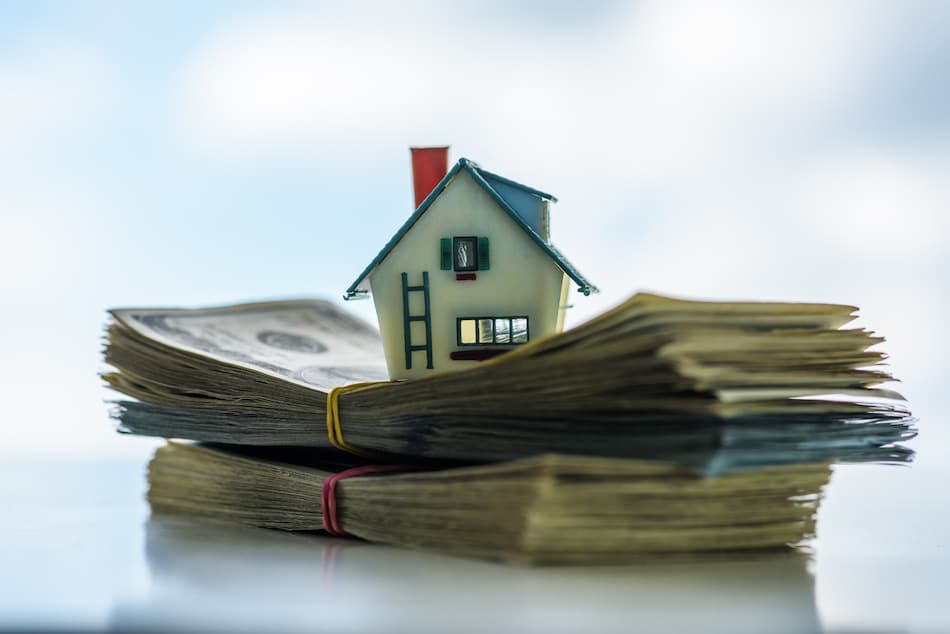
5 Facts Homeowners Should Know About Property Taxes
 Property taxes are a way for a homeowner to invest in and take ownership of their community. These fees are collected so that schools, public grounds, and local officials get the funding they need to function at their peak. But like all taxes, they can also have an impact on how much an owner will pay for their home over time. The exact amount depends on both the state and neighborhood they’ve chosen, but homeowners should know the details of property taxes to maximize their benefits and minimize the downsides.
Property taxes are a way for a homeowner to invest in and take ownership of their community. These fees are collected so that schools, public grounds, and local officials get the funding they need to function at their peak. But like all taxes, they can also have an impact on how much an owner will pay for their home over time. The exact amount depends on both the state and neighborhood they’ve chosen, but homeowners should know the details of property taxes to maximize their benefits and minimize the downsides.
Property Taxes Are (Somewhat) Tax Deductible
Starting off with one of the nicer facts about property taxes, property taxes can be deducted from the homeowner’s federal income taxes. Ultimately, this could translate into a nice bite out of how much a homeowner owes or even into a refund. However, the new tax code has now placed a limit when it comes to how much a person can deduct from their federal tax forms. Between state income taxes, local income taxes, and property taxes, the homeowner is allowed to write off a combined total of $10,000. Homeowners should make the calculations before buying the home to determine if they’ll fall above or below the line.
Property Taxes Are a Combination of State and Local Needs
There is no set formula when calculating how much property taxes will be for every homeowner. Each entity, whether it’s at the local or state level, will determine their own rate of taxation before adding them together to get the total percentage for each homeowner. Property taxes are based on a percentage of the assessed market value of the home, with that value being determined yearly by a trained assessor. Assessors look at not just the current state of the home, but also the value of the homes surrounding it as well as the overall demand for the neighborhood.
There Are Ways to Plan Ahead
Property taxes are public record, which means homeowners can find out more about what has already been paid on the home throughout the years. Researching gives potential home buyers the chance to learn more about how the taxes fluctuate based on city and state needs. To get an even more accurate estimate, homeowners have the option to contact their local tax assessor. They can provide additional information about the inside story behind the numbers. For example, if a city is relatively stable, homeowners likely don’t have to worry too much about property taxes going through the roof. Taking the time out to ask these questions is ultimately the best way to budget for the total cost of a home.
Property Taxes Are Serious
Failing to pay property taxes can be just as devastating to a homeowner as failing to pay the mortgage. The longer a homeowner lets them slip by, the more fees and penalties they incur. The last resort for someone who fails to pay their property taxes is usually foreclosure, which can have extensive long-term consequences. However, it cannot be stressed enough that a homeowner’s experience with property taxes will vary widely based on where they live. Homeowners should check with their local and state governments to learn more about the exact rules that affect them. Some states offer tax exemptions when it comes to property taxes to qualified parties (e.g., veterans, homesteaders, etc.) There are even some states who don’t charge any property taxes at all.
There Are Multiple Ways to Pay for Property Taxes
Homeowners who may not have the funds to pay for their property taxes upfront may be able to pay with the help of a credit card. Those who don’t want yet another bill they have to keep track of may be able to ask their mortgage company to do so instead. The money can essentially be tacked onto a monthly mortgage payment, so the homeowner can take care of both obligations in one fell swoop. (Homeowners will need to check with their financial institution to see if this is a possibility.) The ability to pay with a credit card is typically determined at the city level, so homeowners will also need to verify this fact first. Homeowners may be charged up to 3% of the total amount by the credit card processor.
There is a lot of misinformation out there about property taxes, likely because there’s so much variance on what a person will pay. The more a homeowner can delve into the specifics of their area, whether they live in Blaine or elsewhere, the more likely it is they’ll be able to make the right financial decision when it comes to buying their home.
